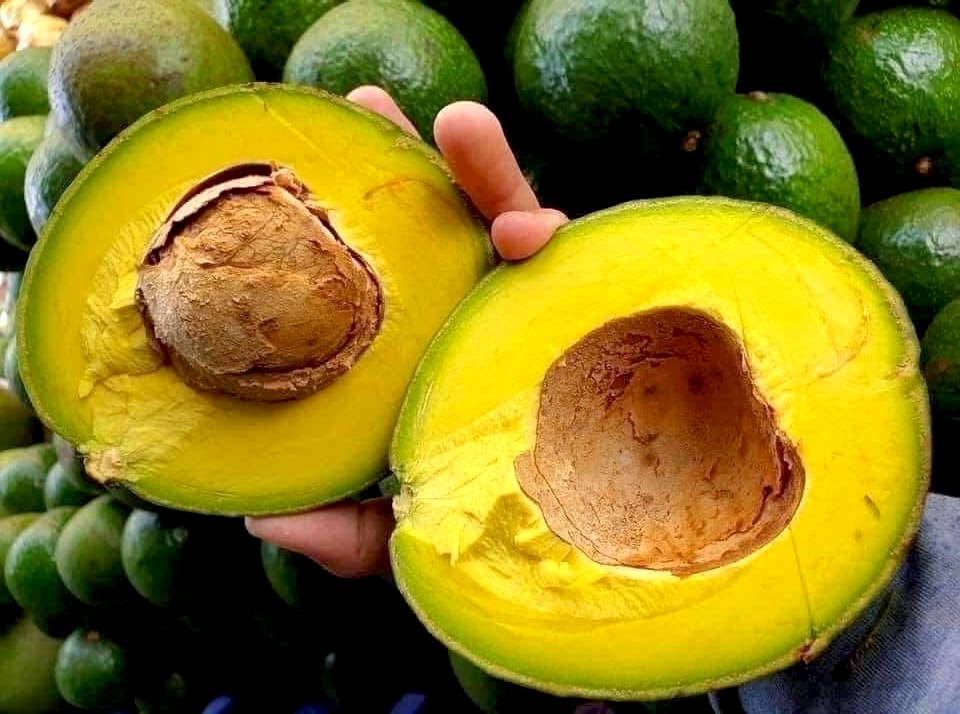 |
Avocados are rich in fiber, especially insoluble fiber, which nourishes beneficial gut bacteria. This high fiber content helps increase stool bulk and soften it. Avocados also contain magnesium, which plays a vital role in maintaining digestive function and relaxing intestinal muscles. Photo: Bui Thuy |
Avocados are rich in fiber, especially insoluble fiber, which nourishes beneficial gut bacteria. This high fiber content helps increase stool bulk and soften it. Avocados also contain magnesium, which plays a vital role in maintaining digestive function and relaxing intestinal muscles. Photo: Bui Thuy
 |
Popcorn, a whole grain, can help alleviate constipation. A 30g serving of popcorn provides about 4g of fiber. In addition to fiber, popcorn is rich in polyphenols, beneficial plant compounds that support a healthy gut microbiome. Photo: Anh Chi |
Popcorn, a whole grain, can help alleviate constipation. A 30g serving of popcorn provides about 4g of fiber. In addition to fiber, popcorn is rich in polyphenols, beneficial plant compounds that support a healthy gut microbiome. Photo: Anh Chi
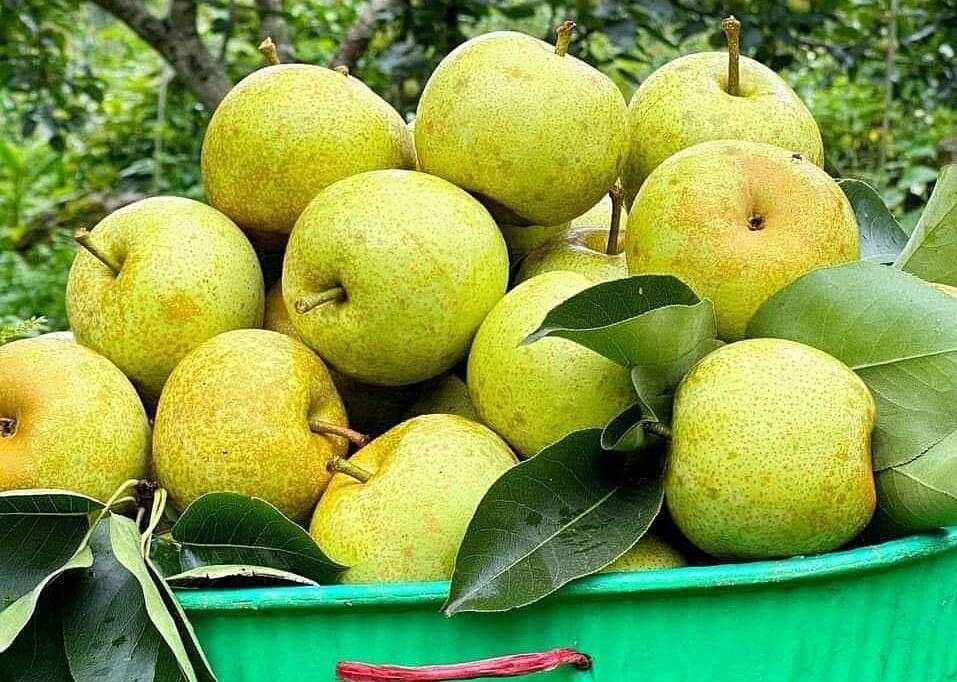 |
Pears are a good source of sorbitol, a natural sugar alcohol that draws water into the colon and softens stool. One medium pear provides 5.5g of fiber, promoting bowel movements. Those experiencing constipation can enjoy pears fresh, in salads, or stewed with bird's nest. Photo: AI |
Pears are a good source of sorbitol, a natural sugar alcohol that draws water into the colon and softens stool. One medium pear provides 5.5g of fiber, promoting bowel movements. Those experiencing constipation can enjoy pears fresh, in salads, or stewed with bird's nest. Photo: AI
 |
Yogurt is high in protein. While low in fiber, it provides a substantial amount of probiotics, supporting healthy digestion. A thriving gut microbiome can reduce inflammation and improve bowel movements, helping prevent constipation. Photo: Bui Thuy |
Yogurt is high in protein. While low in fiber, it provides a substantial amount of probiotics, supporting healthy digestion. A thriving gut microbiome can reduce inflammation and improve bowel movements, helping prevent constipation. Photo: Bui Thuy
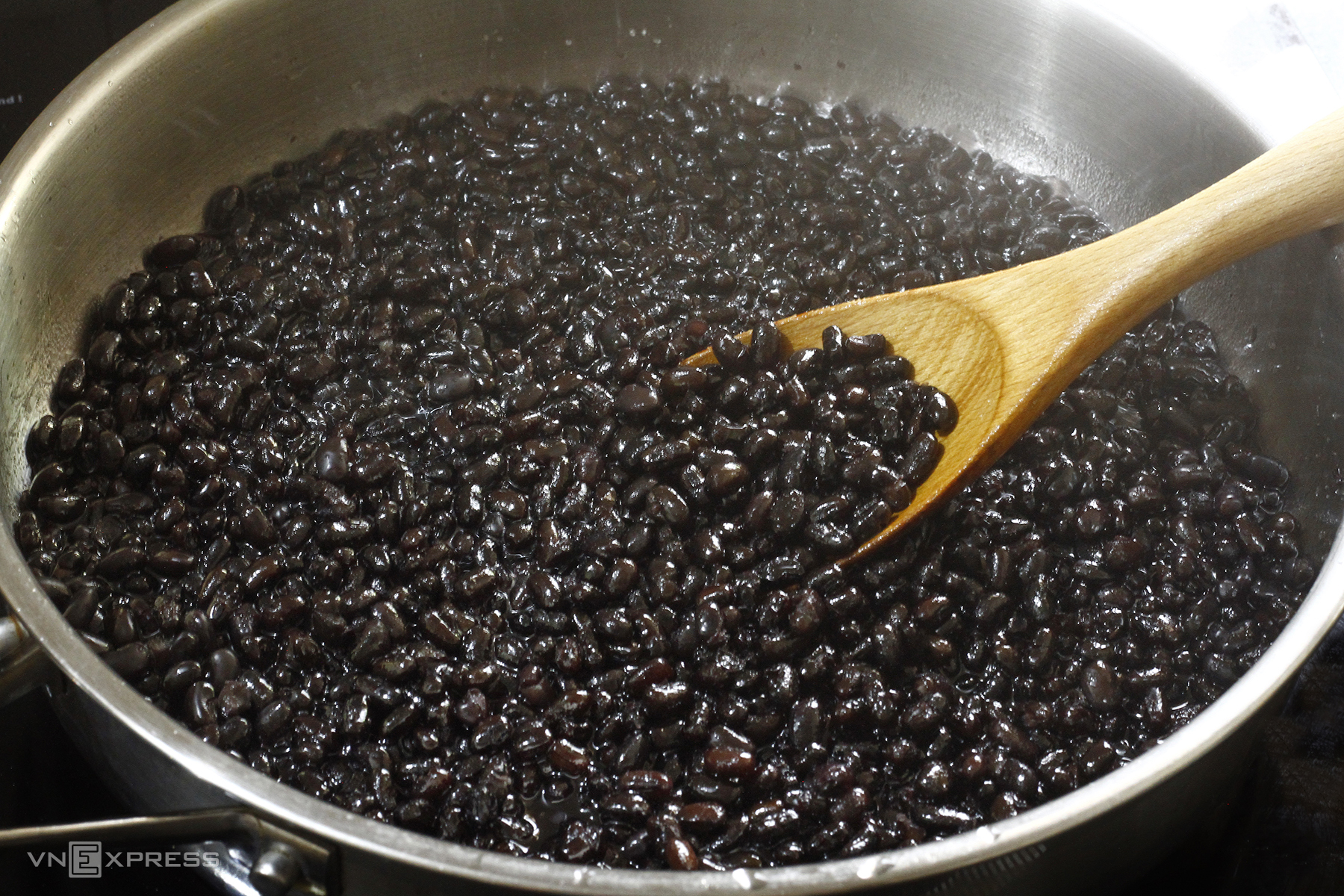 |
Black beans offer a good source of fiber and magnesium. This mineral is beneficial for constipation sufferers as it promotes bowel movements and supports digestive health. Individuals prone to constipation can enjoy boiled black beans, dried ones in sweet soups, porridge, or in baked goods. Photo: Anh Chi |
Black beans offer a good source of fiber and magnesium. This mineral is beneficial for constipation sufferers as it promotes bowel movements and supports digestive health. Individuals prone to constipation can enjoy boiled black beans, dried ones in sweet soups, porridge, or in baked goods. Photo: Anh Chi
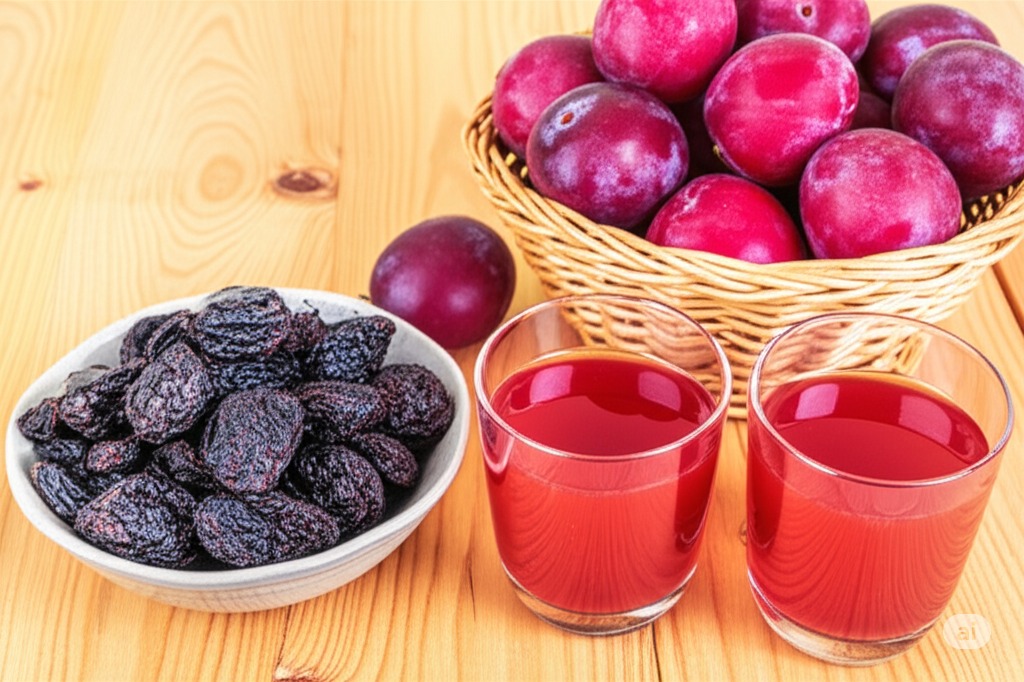 |
Prunes are a convenient snack effective in relieving constipation due to their fiber content and sorbitol. Sorbitol facilitates movement through the digestive system, improving stool consistency and frequency. Photo: AI |
Prunes are a convenient snack effective in relieving constipation due to their fiber content and sorbitol. Sorbitol facilitates movement through the digestive system, improving stool consistency and frequency. Photo: AI
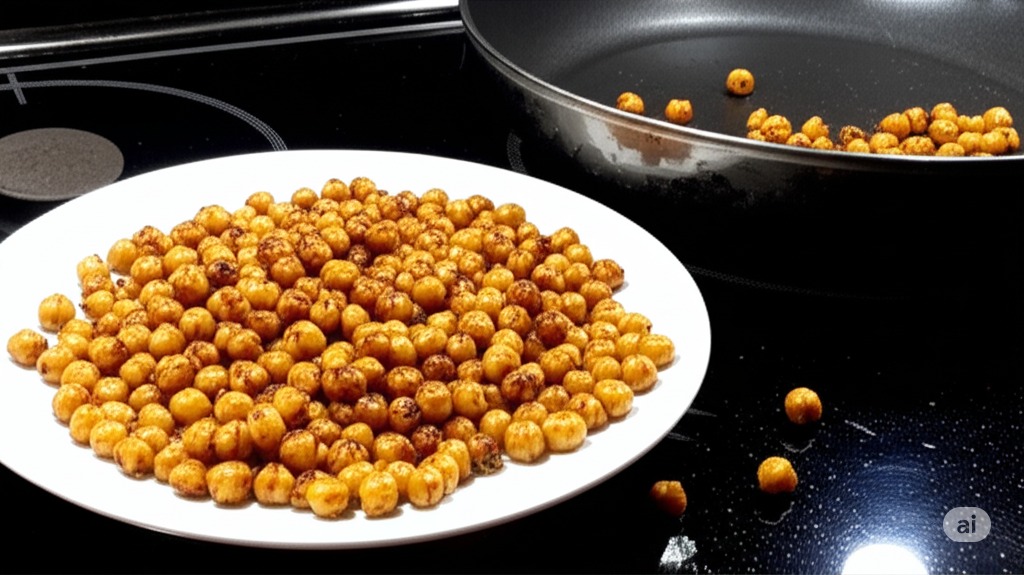 |
Chickpeas are packed with soluble fiber, which helps draw water into the intestines and promotes regular bowel movements. A handful of roasted chickpeas daily provides 5g of fiber (18% of the recommended daily intake), helping alleviate constipation. This snack also contains prebiotic fiber, which nourishes beneficial gut bacteria and supports digestion. Photo: Bui Thuy |
Chickpeas are packed with soluble fiber, which helps draw water into the intestines and promotes regular bowel movements. A handful of roasted chickpeas daily provides 5g of fiber (18% of the recommended daily intake), helping alleviate constipation. This snack also contains prebiotic fiber, which nourishes beneficial gut bacteria and supports digestion. Photo: Bui Thuy
Anh Chi (According to Eating Well)
Photos: Bui Thuy, Anh Chi, AI












